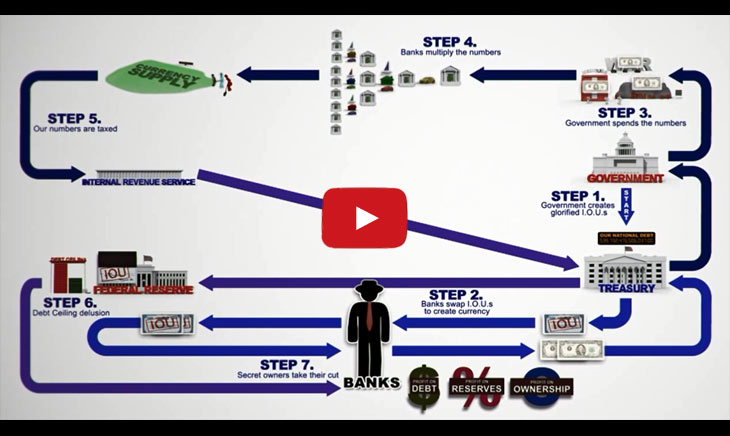When Money Problems Spin Out of Control for University Students
It’s almost back-to-school time, and for millions of UK students who are going away to university for the first time, the future may seem both exciting and terrifying. University is a major step towards adulthood, and for most young people it is a mixed bag of experiences, with the heady thrill of new freedom all too often tempered by the weight of new responsibilities. Without Mum and Dad hovering over their shoulders, students are left to their own devices more often than not, and sometimes the choices they make don’t serve them well. Those who have not learned to manage their money properly can find themselves in a serious financial bind, the implications of which go beyond the practical problems of getting by. Trying to come up with money for groceries or utilities whilst juggling studies and class schedules is challenging enough, but financial issues can also cause extreme emotional stress, and have even been linked to medical problems.
For example, a recent study by the University of Southampton and Solent NHS Trust has uncovered a link between financial problems and eating disorders, particularly in female students. Females are generally more prone than males to eating disorders anyway, due mainly to cultural pressures regarding attractiveness. But the University of Southampton/Solent study found that female university students are particularly vulnerable, with women students from less affluent backgrounds most at risk.
The research also revealed a vicious cycle regarding the negative attitudes towards food and weight that are harboured by sufferers of eating disorders (e.g., guilt about eating the wrong thing or eating too much; or an obsession with being thin). These negative attitudes were shown to predict short-term financial pressures that in turn worsened the unhealthy attitudes. Fortunately universities and student advocacy organisations are becoming more aware of these issues, and some advocacy groups are trying to coordinate with universities and the National Health Service to address the problem.
Desperate times, desperate measures
Even without serious health problems such as eating disorders, students can find their lives turned upside down by money crises. Many find themselves faced with a choice between paying for heat or paying for groceries.
Granted, not all of these problems are simply a result of the students’ own questionable choices. External factors, such as the government slashing budgets for student grants, also play a part in the financial shortfalls faced by university attendees. Unfortunately a university education has become considerably more expensive in recent years, and more students have no choice but to take out student loans simply to attend. In any case an increasing number of students are opting for a quick fix that can get them into even more trouble if they are not careful.

photo credit: Peter Gerdes / Flickr
One disturbing trend is that many university students are turning to short-term loans such as payday loans to cover their daily necessities or even luxuries. A new study by Unite Students indicates that at least 31,000 university students have taken out payday loans, and perhaps even more worrisome, more than 10,000 intend to continue. Many students do not realise how quickly and deeply a payday loan can get them into trouble.
The payday loan industry has come under a lot of fire and even though more laws have been passed recently to protect consumers, payday loan firms are still utilising unacceptable practices and encouraging unsustainable debts. Students need to educate themselves and realise that a payday loan, though appropriate in certain circumstances, should always be considered a last resort. Bank overdrafts and credit cards, though far from ideal, are still less costly than a payday loan.
A way out
The good news is that university students can avoid the nasty shock of financial crisis by doing what may very well go against their grain: exercising a little restraint and thinking before they spend. As overly obvious or simplistic as that may seem, it is sound advice. There are many resources that offer suggestions on how students can spend less and/or earn more, such as the Save the Student web site.
University students who are already in financial crisis have a wealth of resources to which they can turn for help. Many universities offer financial counseling, and there are other resources such as the National Association of Student Money Advisers. Students in crisis often feel isolated and are afraid to ask for help, but objective, nonjudgmental help is readily available. Nobody should feel that they have to face a financial disaster alone.
Perhaps most importantly, students can use their money issues as the proverbial learning experience: an education that goes beyond the classroom. Students need to learn that no money problem is insurmountable, and most problems are fairly easily avoided. Though there are some external factors quite beyond one’s control, there is still much that the student can control. Developing good money management habits now is one of the best investments in a healthy financial future.


